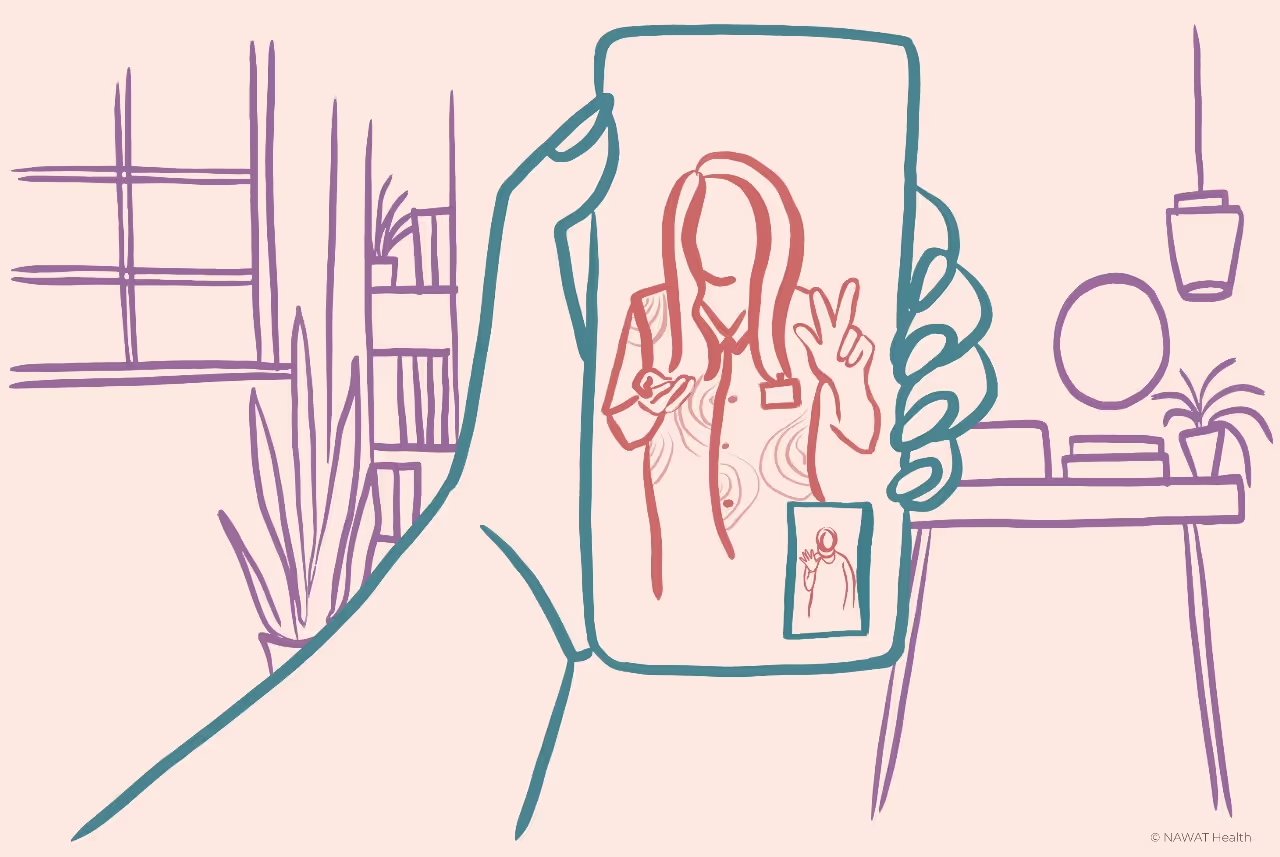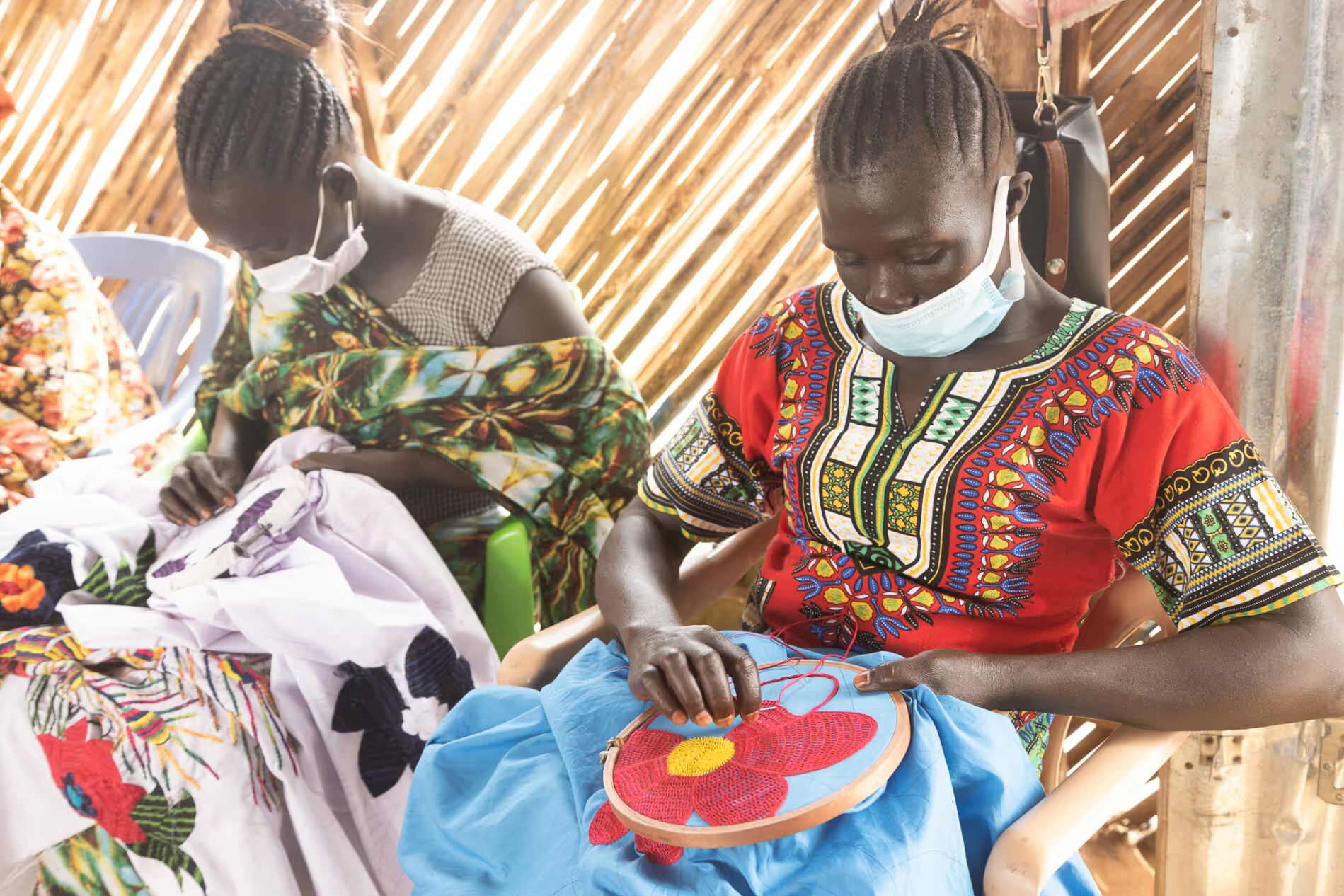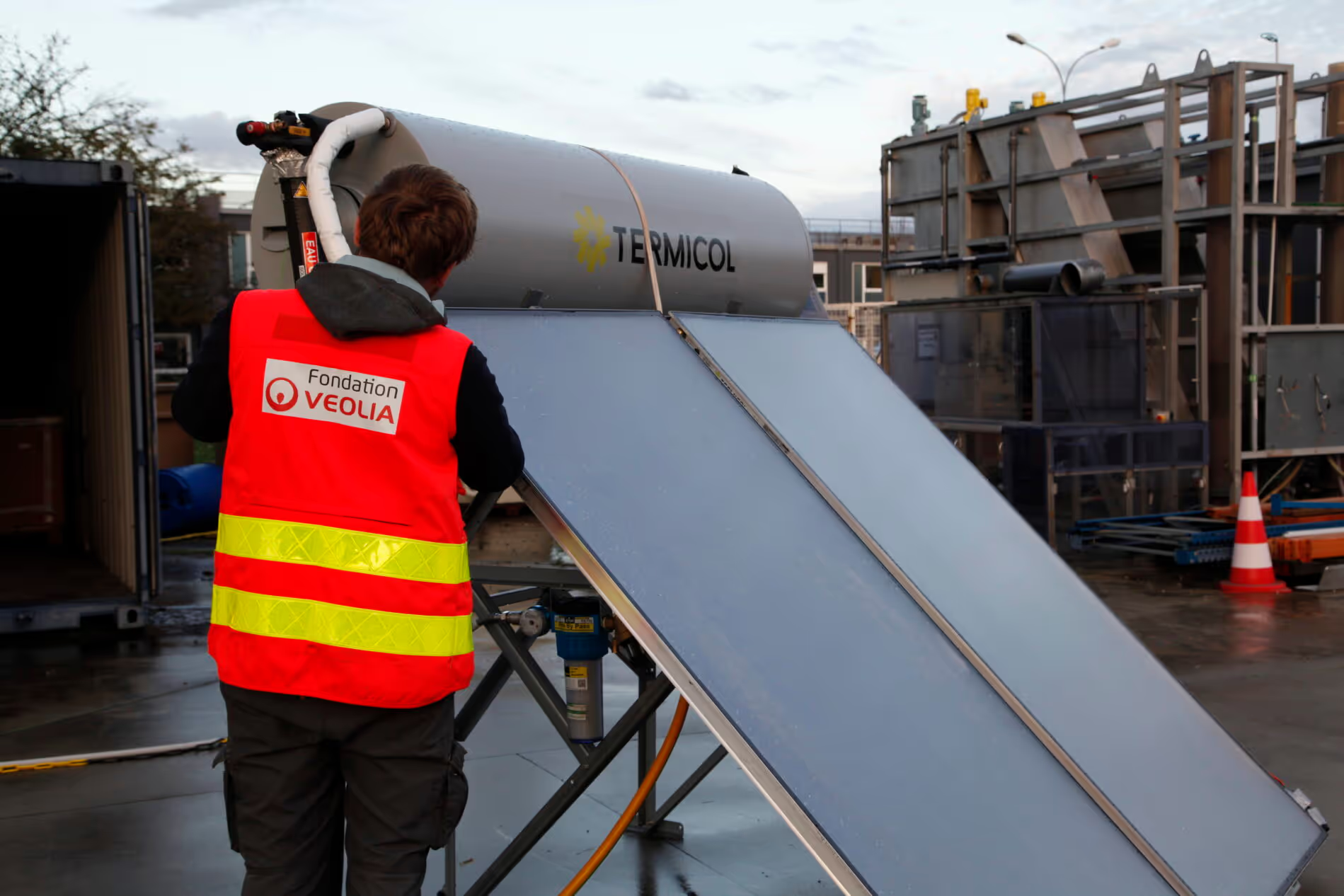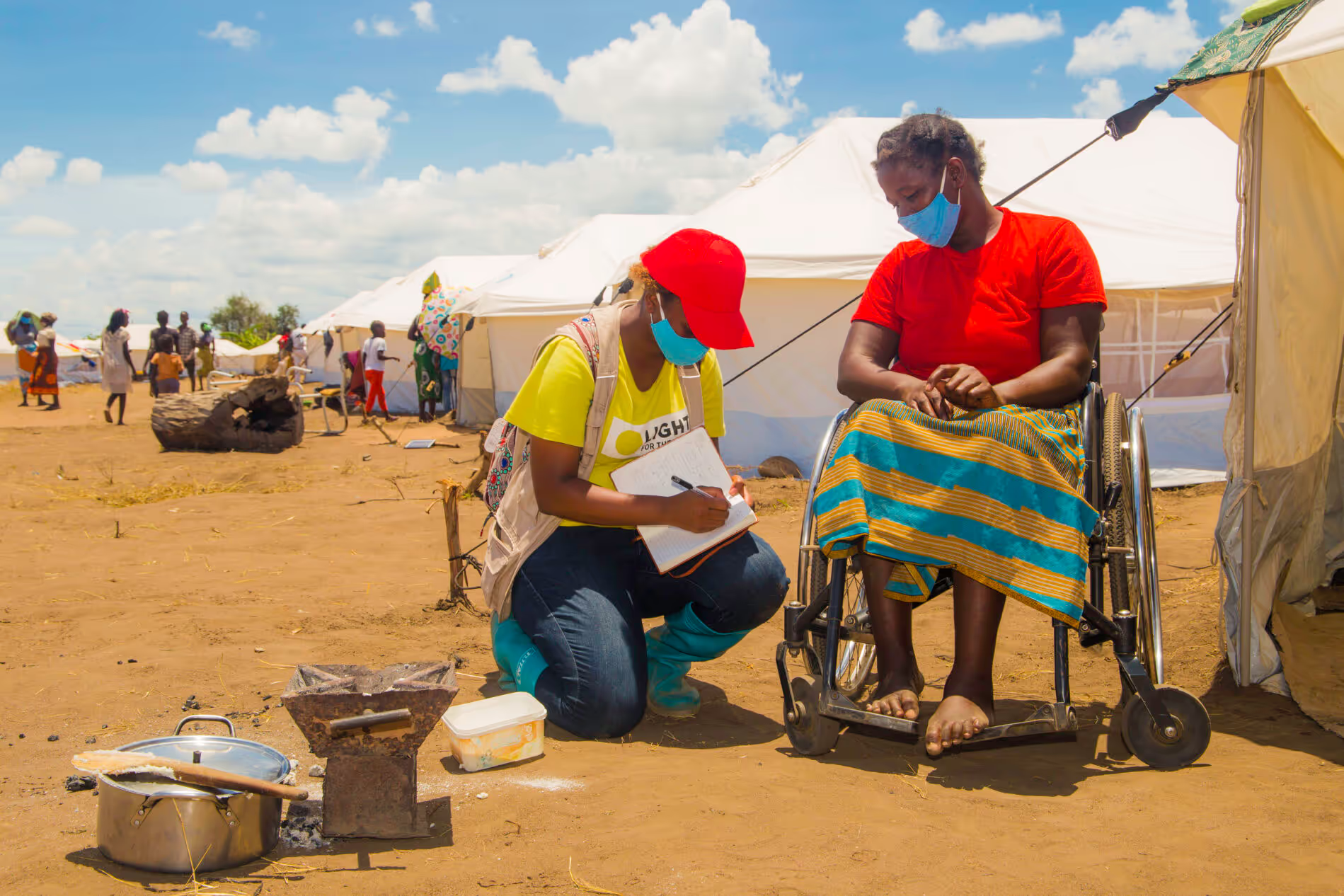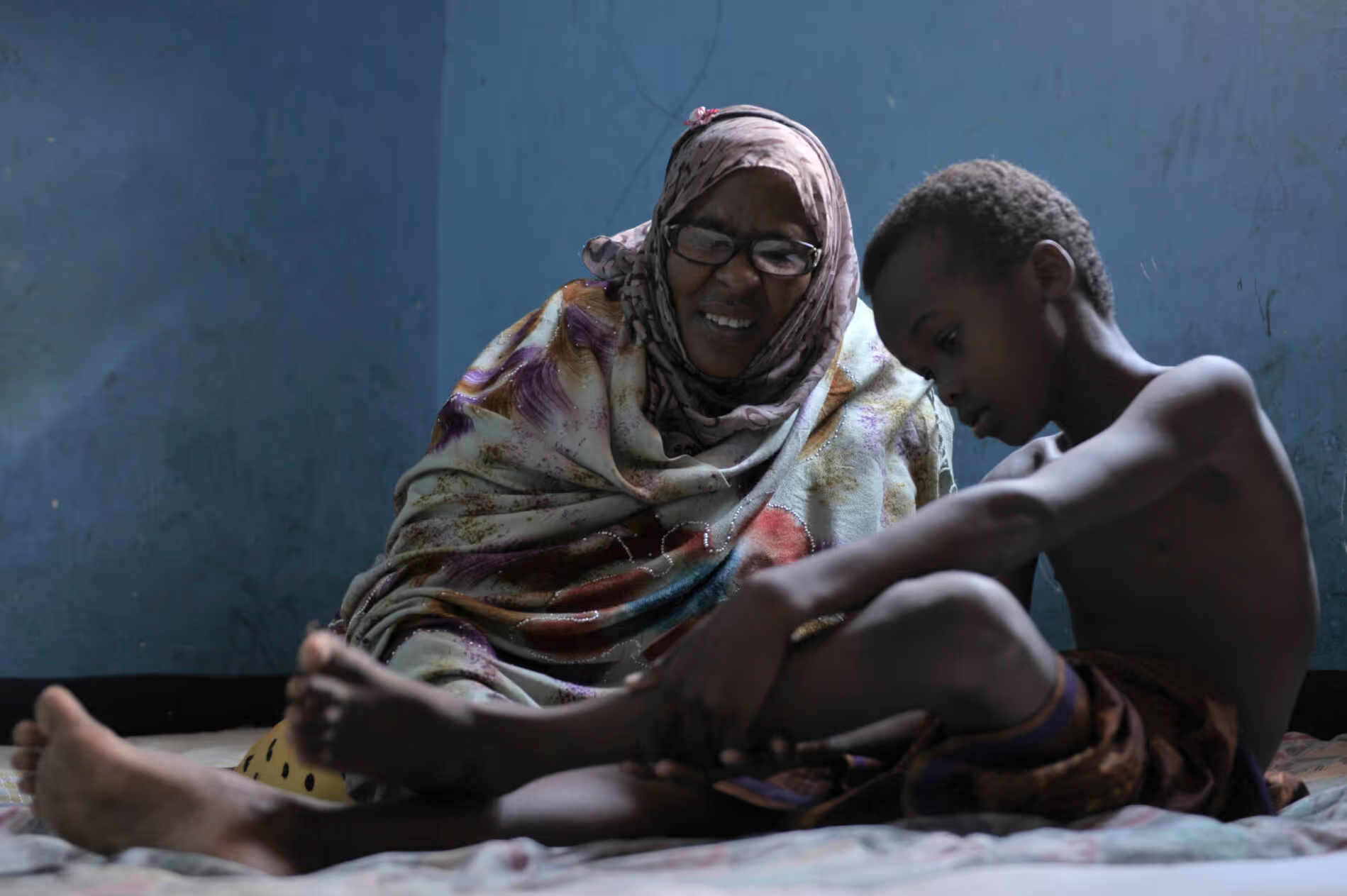Addressing gender bias within humanitarian organisations and gender-based violence in emergencies programming
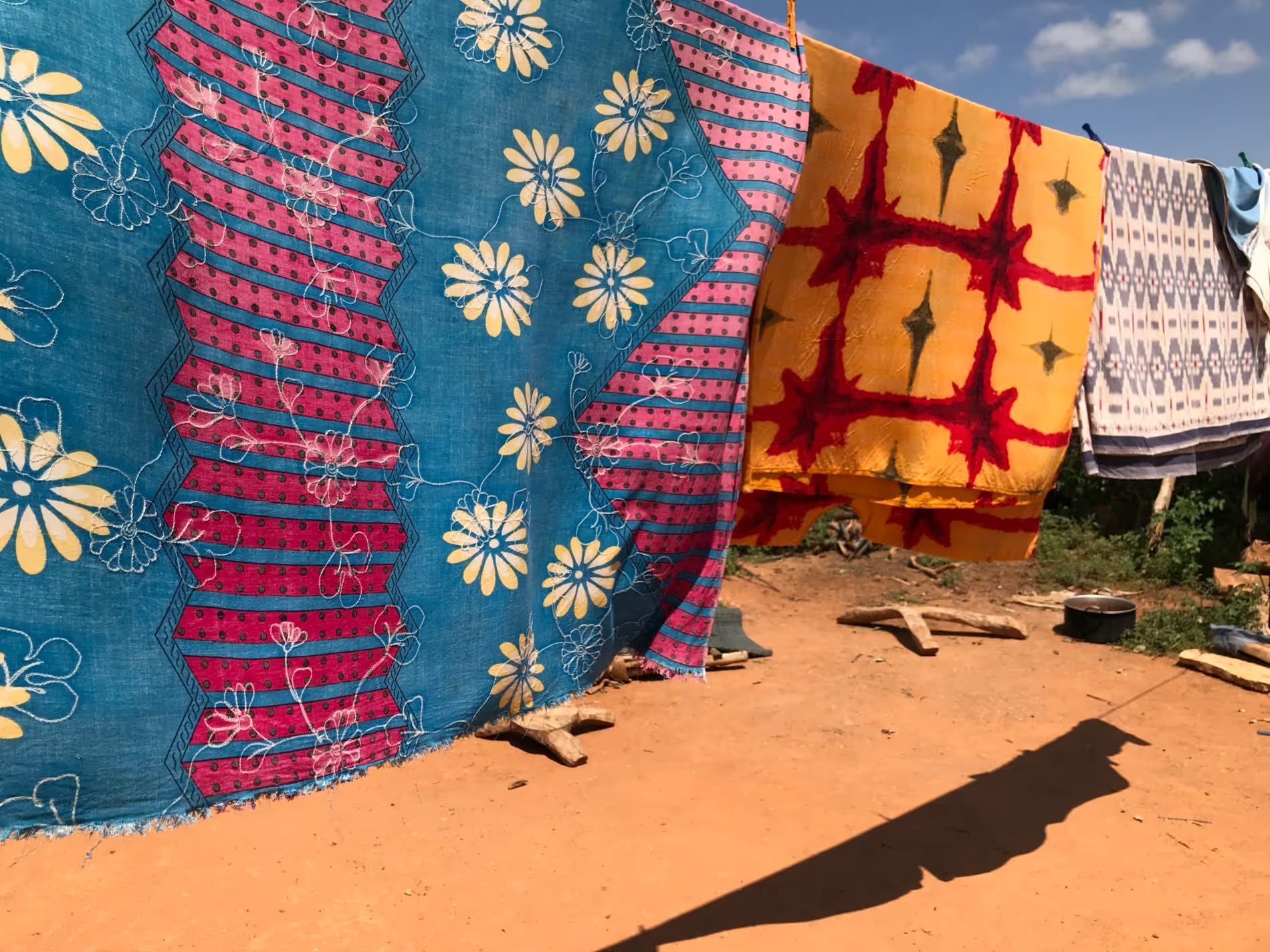
Project overview
A gender ‘de-biasing’ intervention to help humanitarian practitioners and organisations create more inclusive and equitable work environments and humanitarian programming.
Project solution
This project offers [specific solution or intervention] to tackle [challenge]. By implementing [strategies, tools, or innovations], the project aims to achieve [desired outcomes]. The approach is designed to [specific actions or methods] to bring about meaningful change in [community, region, or issue area].
Expected outcomes
This project aims to achieve [specific outcomes], such as [measurable results, improvements, or changes]. The expected impact includes [benefits to the target community, advancements in research or innovation, or long-term effects]. By the end of the project, we anticipate [specific changes or milestones] that will contribute to [broader goals or objectives].
...employing principles of behavioural design to “de-bias” organisations can address gender bias and ultimately reshape the way we work, learn and live."
What is the Humanitarian Need being Addressed?
Workplace gender bias is the unfair treatment of people based on their gender. It takes many forms and can have profound effects on people and organisations, influencing policies, processes and decision-making, as well as the work environment and culture.
Fifty-seven per cent of humanitarian practitioners report experiencing gender bias at work. This includes women not having been given opportunities to go on field missions because it was assumed they would need certain amenities; senior management made up of mainly male staff; more promotions given to men than women; and hiring processes that didn’t include objective criteria. But despite these (and more) experiences, individual-level and organisational-level gender biases in the humanitarian sector have not been well studied or addressed.
What is the innovative solution?
The Inclusive Humanitarian Program was born out of the innovation team’s Humanitarian Gender Bias Study, which surveyed humanitarian practitioners across 81 countries.
The Program consists of gender bias training and a behavioural design innovation that aim to ‘de-bias’ organisations. Through individual-level training, practitioners build awareness of gender bias and skills in addressing it. The organisational-level scenario-based intervention focuses on the seven areas of the humanitarian workplace where gender bias occurs. The innovation is designed to build awareness and skills in addressing gender bias, shift attitudes and norms, as well as catalyse organisational-level actions to change the work environment and prevent gender bias from occurring in the first place.
What progress has been made?
The innovation team piloted the Inclusive Humanitarian Program in Ethiopia among 24 national and international humanitarian organisations, and in Myanmar among 4 NGOs. Not only did practitioners’ awareness and ability to identify gender bias in the workplace increase, they also reported taking steps to tackle it. These included: reinforcing gender equitable behaviours and attitudes; advocating for change in their own work (contract, pay and working hours, for example); calling out gender bias; and supporting co-workers experiencing it.
The innovation also sparked organisational change. Awareness of gender issues and gender bias increased. And leadership began to take tangible actions, including creating new committees to better address gender bias, improving gender balance in leadership and field team composition, and making changes in human resources processes and monitoring and evaluation policies and practices.
Innovation potential
The innovation is simple to use, field-friendly and relevant across different contexts and sectors, as well as different types of organisations. It is appropriate for both headquarters and field offices, and for use among all staff types (from Program staff, to monitoring and evaluation staff, to leadership and support staff).
Learnings from the Ethiopia and Myanmar pilot show the power of the intervention to create meaningful and sustainable organisational-level change, in addition to strengthening individual knowledge and skills. The innovation has the potential for wide adoption across the humanitarian sector. It could significantly improve the humanitarian system, changing the way organisations prioritise, design and implement programmes (including GBViE programmes), and the workplace itself.
Feature Photo: Colorful fabrics in a refugee camp in Dollo Ado, Ethiopia. Credit: Vandana Sharma.
Project delivery & updates
Stay up to date with the latest developments from this project. Here, you will find details on what has been delivered, resources created, and regular updates as the project progresses. Access key documents, reports, and other materials to see how the project is making an impact.

